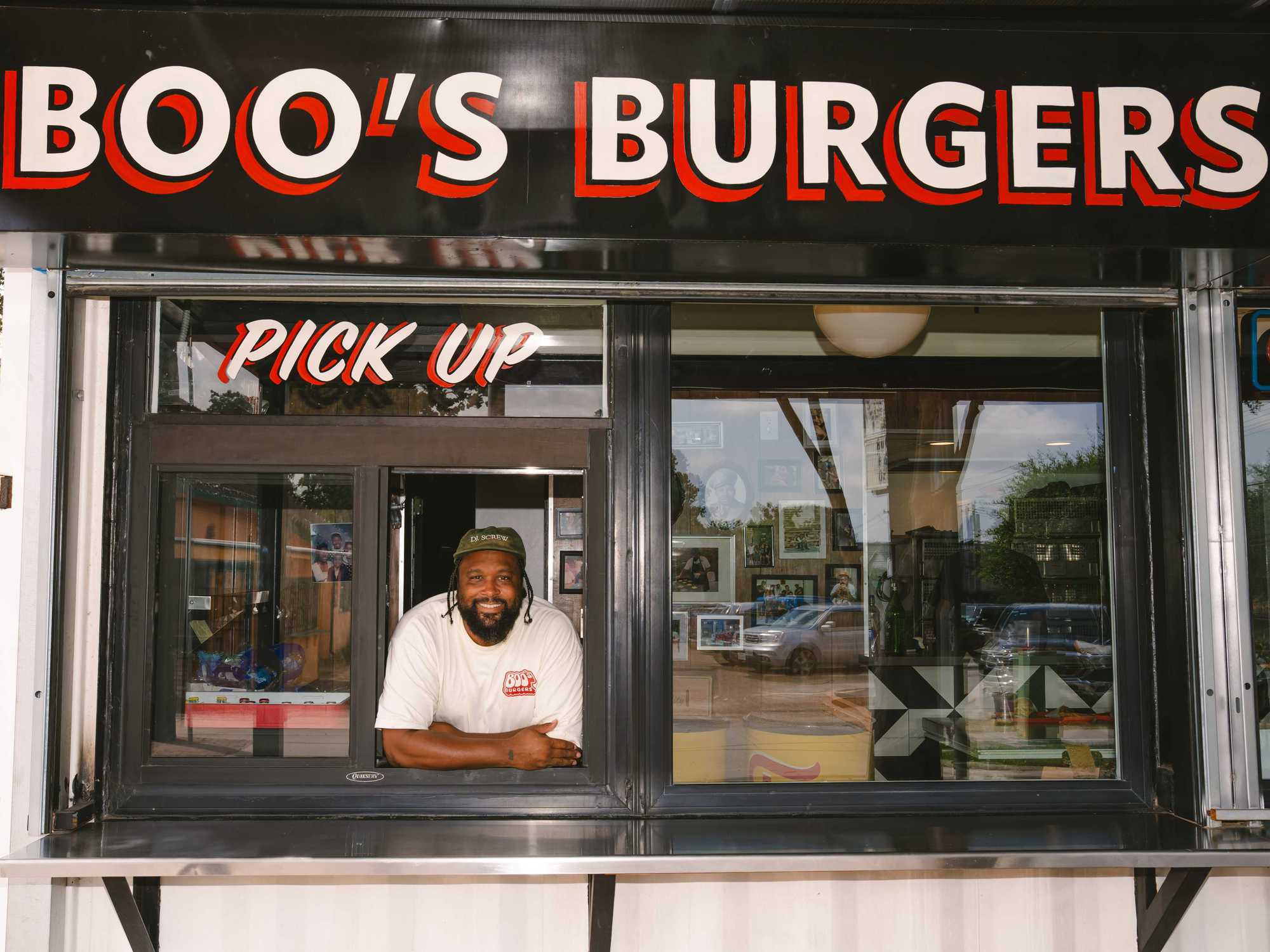Tiny Netbooks and cell phones seem like the latest, coolest way to go online no matter where you are. But Michio Kaku predicts before too long we will be able to connect to the Internet in an even easier way – through eyeglasses and contact lenses.
“How do you go online in the future? You’ll blink,” he explained.
That’s not the half of it.
You’ll be able to watch the classic movie, Casablanca, on a wall screen – only you can replace Humphrey Bogart’s head with your own.
If you like a Chanel outfit and it’s not in your size, you’ll whip out a credit card containing your three-dimensional measurements and the store will whip one up for you.
Cars will drive themselves, new body parts will be grown through tissue engineering, and a standard colonoscopy will be performed by taking a pill imbedded with a TV camera.
“It will give new meaning to (the phrase) ‘Intel Inside,’” joked Kaku, author of the best-selling book, Physics of the Impossible.
Much of this sounds pretty farfetched to me, but Kaku insists we already have the technology to turn what seems like science fiction into reality within the next 30 years.
Even with all these scientific breakthroughs, I was relieved to discover a robot won’t take my job any time soon. Kaku says that scientists haven’t figured out how to give a machine a lick of common sense.
“It’s very difficult to create real machines that think like us,” he said. “A cockroach has a brain the size of a pinhead, but it can do things a Mars rover can’t.”
If a cockroach hits a pile of rocks, it knows to turn, Kaku explained. But if a robot hits a pile of rocks, it only knows to keep going forward.
“Robots don’t know that water is wet or animals have pain,” he said. “The brain isn’t a digital computer. It’s a neural network – a learning machine.”
The brave new world of new technology was one of several themes of the UP Experience, held at the Stafford Centre last week. The yearly conference, organized by Houstonians Ernie and Sheryl Rapp, is designed to gather a great meeting of the minds.
Modeled after a California conference called TED, it brings 16 noted innovators and thought leaders in various fields to Houston. Each expert gives a 20-minute talk during the one-day event and also participates in a question-and-answer session in a small group setting.
“By design, it’s not a conference. It’s an experience,” Ernie Rapp told the audience of several hundred, each who had paid $1,000 to attend.
Among my favorite speakers were Kaku, whose futuristic observations are the basis for an upcoming series on the Science Channel, and San Francisco Mayor Gavin Newsom, who is firmly planted in the here-and-now with controversial ideas to encourage energy conservation.
During Newsom’s tenure as mayor, San Francisco has banned plastic bags and Styrofoam cups, doled out large rebates to households that install solar panels, instituted a program to pick up restaurant grease and recycle it into biodiesel fuel, and mandated that every household in the city toss food scraps into compost bins.
“You think gay marriage is controversial? It’s nothing compared to the fight over composting,” Newsom said.
But with the tough new laws, San Francisco will likely meet its goal of sending nothing to landfills or incinerators by 2020. Already the city diverts 72 percent of its waste.
“It’s all about dreaming and doing,” Newsom said. “Do not accept the notion that things cannot be done. My mom always said, ‘If you don’t like the answer, ask a better question.’”
When asked what he liked about Houston, which has the poorest recycling record of any big city in the nation, Newsom mentioned parking meters operated with solar panels, the abundance of trees and foliage, and the diversity of the population.
Spoken like a true politician.

 Boo's Burgers chef-owner Joseph Boudreaux is a Rising Star nominee. Photo by Michael Anthony
Boo's Burgers chef-owner Joseph Boudreaux is a Rising Star nominee. Photo by Michael Anthony